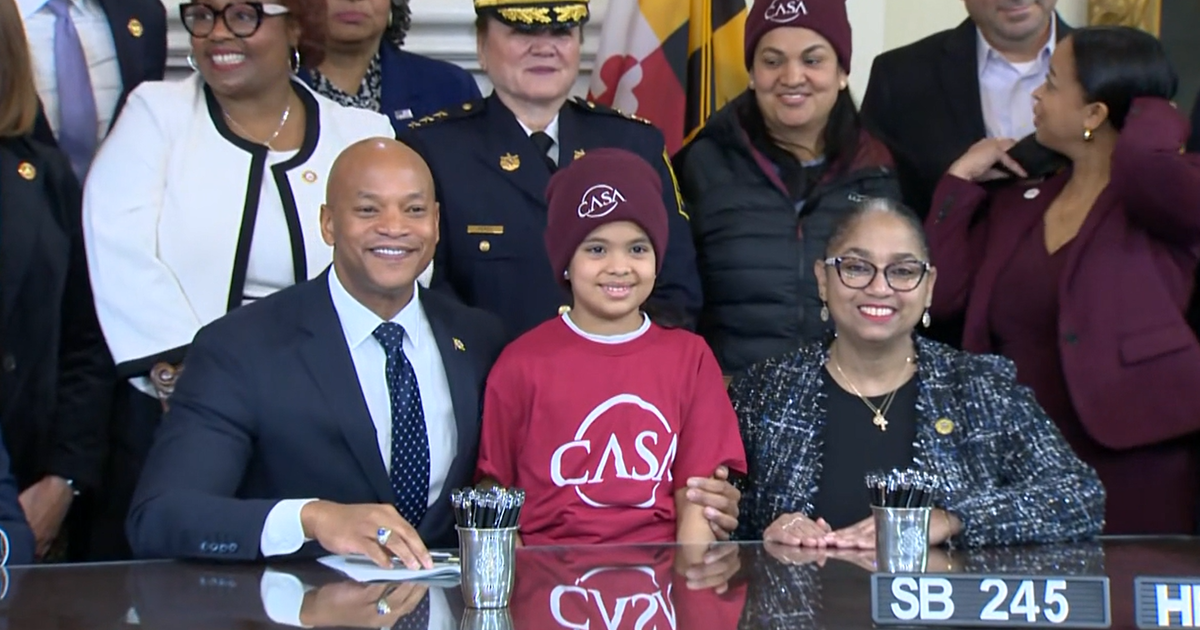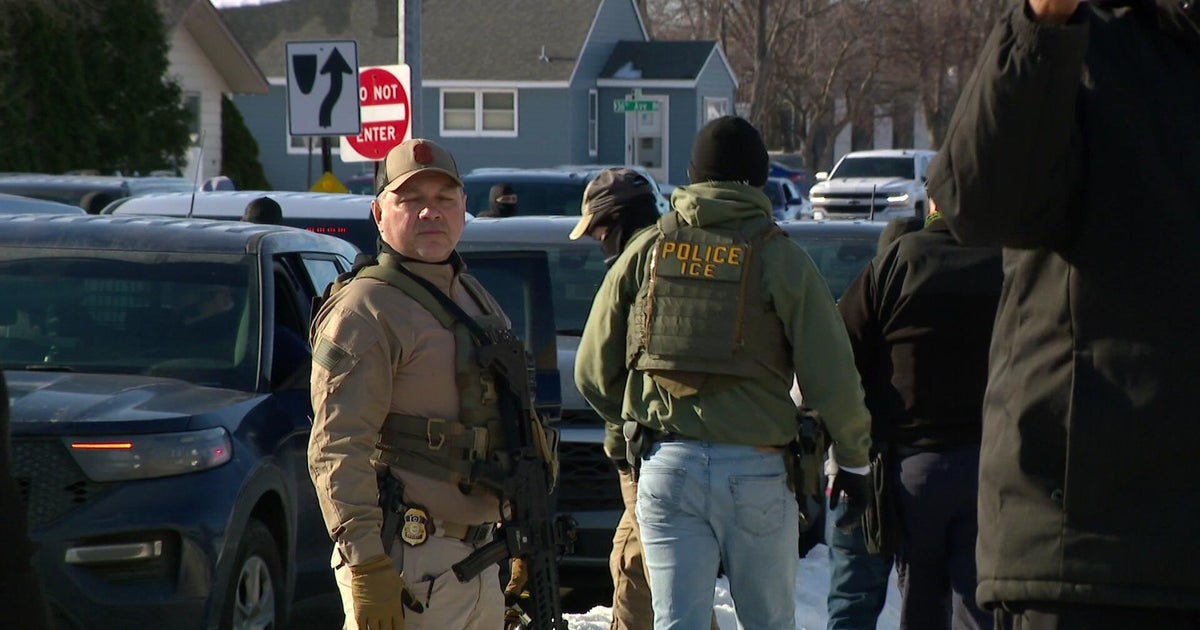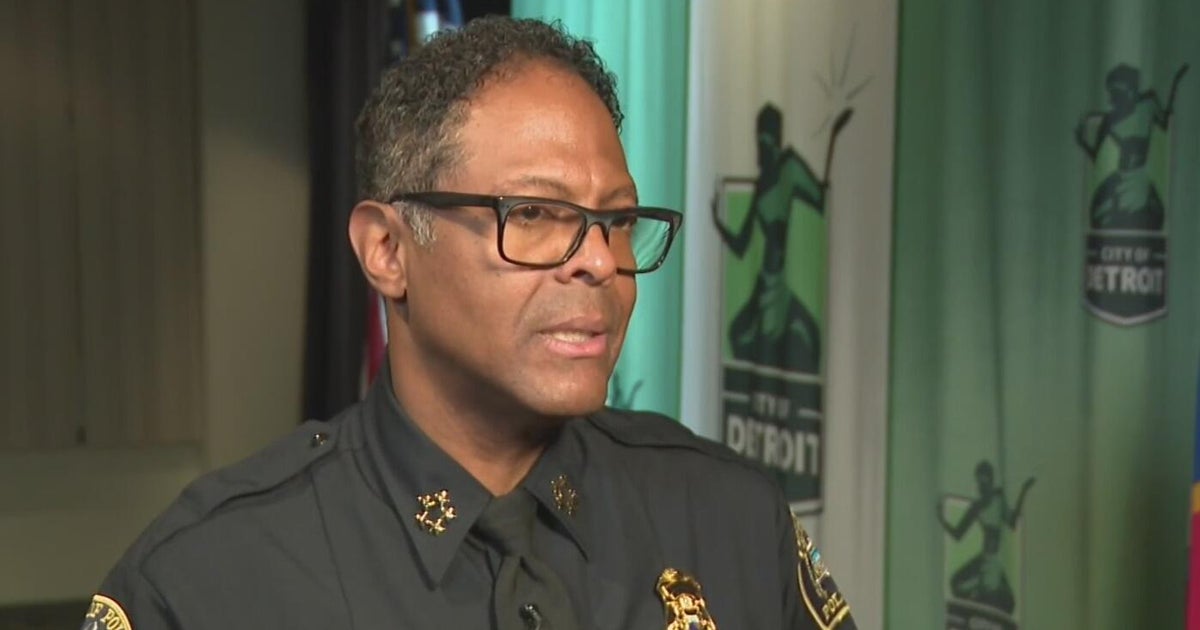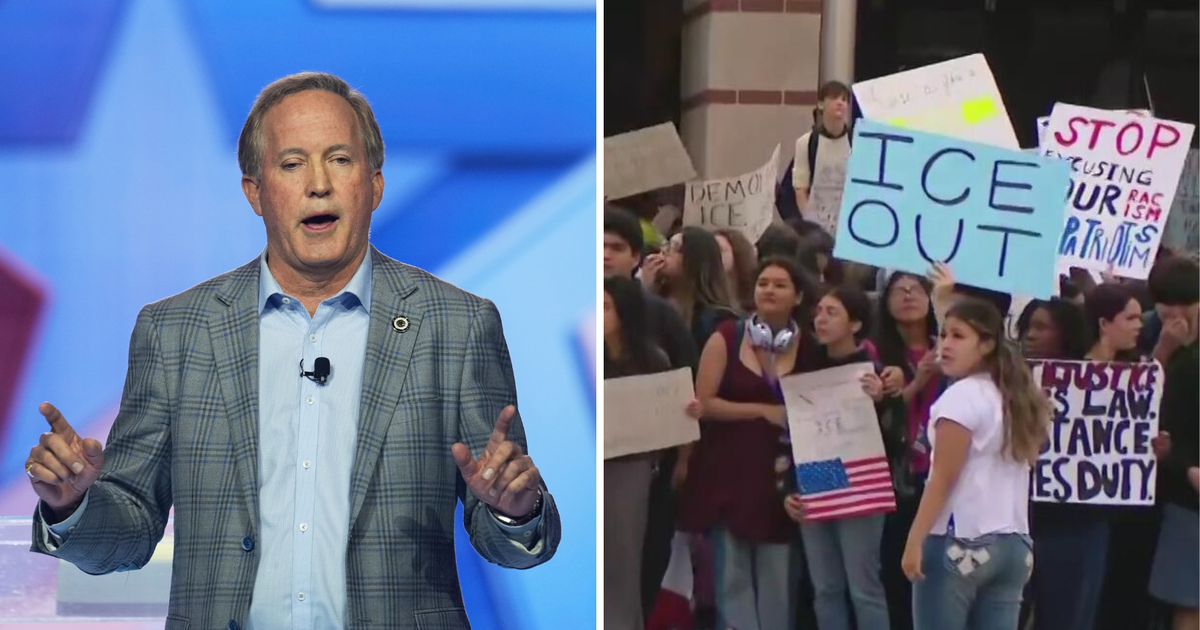Immigration: What Are The Rights Of Illegals?
BOSTON (CBS) - All this week, WBZ Reports presents an in-depth look at the immigration debate in Massachusetts. In Immigration: The America Dream, WBZ News Radio's Mary Blake examines the complex issue from various points of view.
Immigration reform is a simmering debate in this country and there's no disputing the fact that we are a nation of immigrants.
Eva Millona is executive director of the Massachusetts Immigrant and Refugee Advocacy Coalition.
"We have most generous immigration policy in world."
But, at a September GOP fundraiser in Nashua, Arizona Sheriff Joe Arpaio is equally quick to proclaim,
"We are a nation of laws. You've got to enforce the laws."
And those laws and immigration policy in practice are often on a collision course.
Daniel Kanstroom, a professor at Boston College Law School has written extensively about the basic rights of the individual versus government power and says the idea of citizenship plays prominently in those arguments-but he also asks, what about non-citizens?
"What are the limits and what are the basic rights an individual has as against government power?"
Kanstroom says, "the immigration law that is particularily interesting question is because in other areas of life, many times the answer to that question is based on an idea of citizenship. This is why for example it was so important for African Americans and abolitionists and for many republicans in the civil war period to say we need to have people to have citizenship."
Kanstroom says this why there needs to a 14th amendment to guarantee citizenship because that was the basic that if you have criticism rights you have rights as everyone else or equal though your rights are grounded in citizenship."
However, he says, "this left open a series of really powerful questions about all those other people who are living amongst us who are not citizens. They are people but they are not citizens does that mean they have no rights does it mean they have lesser rights, does it mean they have rights in some places but not other places does it mean they get some rights with status like permanent residence, green card status or people who have visas versus those who don't? Does it mean they have lesser rights in other systems like if they're prosecuted for a crime? Should they have less rights than a U.S. citizen? I always thought these questions were really profound and compelling."
South Boston tea party activist Sue Long doesn't hesitate giving her answer, "I've been very pro immigration, but I feel there is a process and the people who come here legally should have the first opportunity."
Listen to Mary Blake's report:
Podcast
A look at the legal process in my next report.
Listen to Mary Blake's reports all week at 12:05 p.m. and 12:35 p.m. and then again at 5:05 p.m. and 5:35 p.m. on WBZ News Radio 1030.







